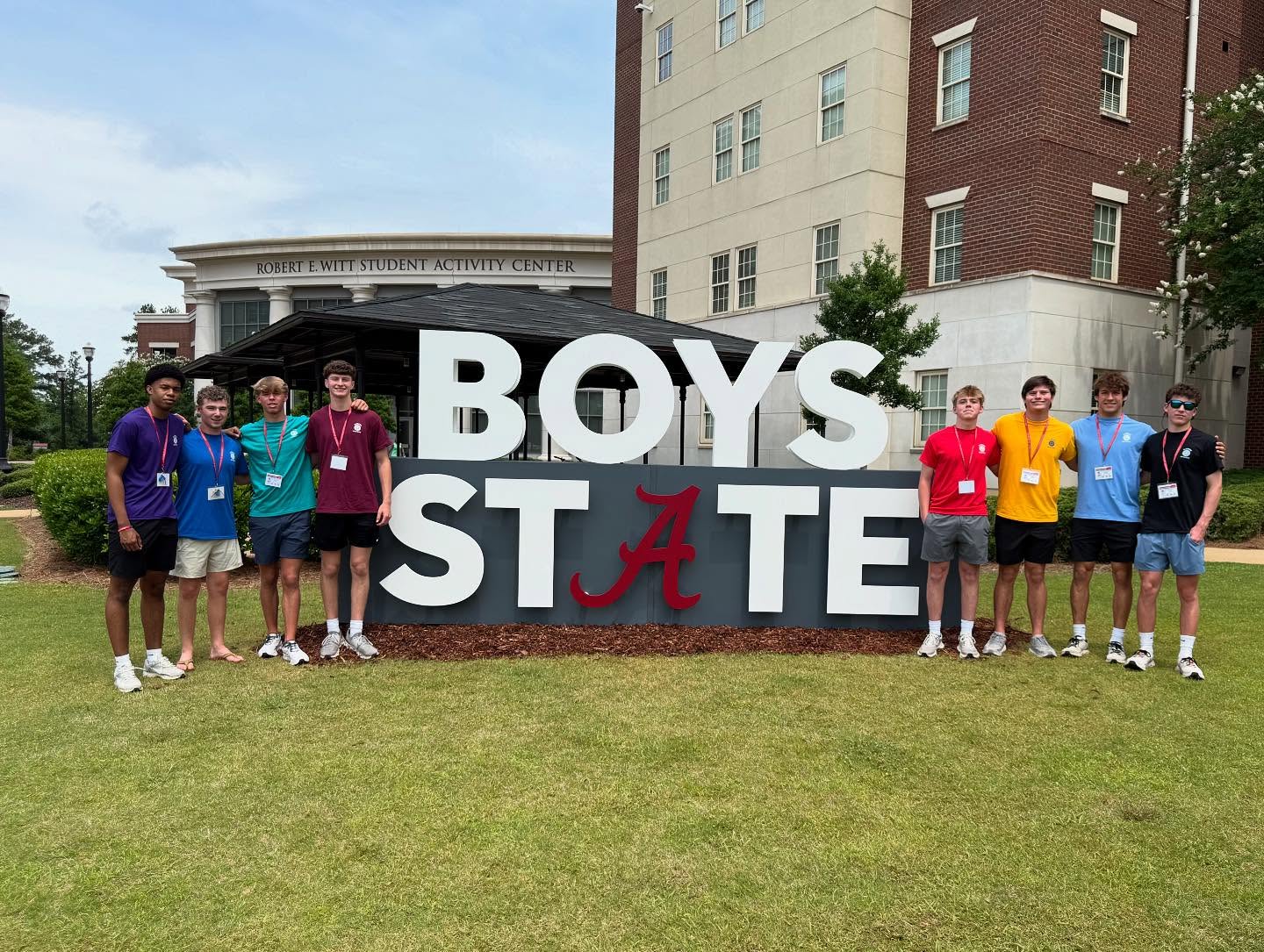LOOK BACK: Former Limestone coroner recalls 1974 tornado outbreak
Published 8:08 pm Saturday, August 26, 2006

- Photos on file at Limestone County Emergency Management Agency show people sifting through debris the morning following the tornadoes that struck here April 3, 1974.
Editor’s note: This story, about former Limestone County Coroner Ralph Padgett, was originally published in August 2006. We are republishing it because today is the 45th anniversary of the April 3, 1974, tornado outbreak. Padgett died in 2008 at age 75.
On April 3, 1974, “the night of the killer tornadoes,” former coroner Ralph Padgett crouched in a ditch as a howling twister passed overhead.
“Sheriff Buddy Evans was my hero that night,” said Padgett last week from his Limestone County home. “He was in the ditch beside me and took so much sand and gravel in his butt that it looked like he’d been hit with buckshot.”
The bloody scenes of that night more than 30 years ago churn through Padgett’s in a kaleidoscope of horror. He pulls black-and-white photos of the destruction from a worn manila envelope, describing each scene in vivid detail.
Padgett, a meticulous record keeper, retains detailed files from those years from 1973 to 1976, when he served as Limestone County’s coroner. Padgett was appointed by the late Gov. George Wallace to fill out the unexpired term of coroner Dillard Feigley, who died in car accident.
Padgett, today a disabled veteran and cancer survivor, battling numerous physical ailments, takes a keen interest in crime and the law enforcement community. A past reserve deputy and reserve Athens Police officer, Padgett says his first love was always law enforcement.
“Our law officers have my 1,000-percent support,” he says.
But it was long journey from Padgett’s Birmingham home to working with law enforcement in Limestone County. When the Korean War broke out, he enlisted in the Army in 1950 and then the Air Force, getting out in 1953 and serving a total of nine years and nine months after that in the reserves. He attended Eastern Mississippi Junior College on a football scholarship, playing linebacker and end.
He landed a job after graduation as a loan officer for General Acceptance Corporation in Birmingham, was promoted and transferred to Rome, Ga. After that he was transferred to Gadsden, and from there to Montgomery. Next, he changed companies and went to work for Domestic Mortgage in Corinth, Miss., and was transferred to Aberdeen, Miss., then to Columbus, Miss. He changed companies again and went to work for Interstate Securities in Athens in about 1963.
“I said, once we got to Athens, I’m not moving anymore,” he said.
Padgett and his wife, Shelby, were married in 1957, and the couple has three sons, Patrick, Chris and Shawn.
In Athens, Padgett worked for U.S. Life Credit Corp., which bought out Interstate, and then was sold to Norwest Financial, which sold to Wells Fargo. He retired from Wells Fargo in 1990.
But being a desk jockey all those years didn’t quell Padgett’s desire to get into law enforcement. He went to former sheriff Buddy Evans and volunteered as a reserve deputy, having served a short stint as a police officer while in Mississippi. In the early 70’s Padgett enrolled in a criminal justice course at Calhoun Community College and graduated with honors.
He served with Evans and with former sheriff Hollis Hogan, and for a short time, with current Sheriff Mike Blakely.
Padgett said coroners worked under primitive conditions back in the 70s. He said there was just one forensic laboratory in the state, and that was in Montgomery. He said many times the job of coroner, which required “absolutely no qualifications,” encompassed the duties now performed by pathologists and crime scene investigators. He said he once performed a post-mortem examination on a kitchen table at a murder scene.
“I got so sick of vials of blood in my refrigerator,” said Shelby.
“In those days we didn’t know any better,” said Padgett, who drew blood for transport to state toxicologists.
But it’s the night of the killer tornadoes that remain the vivid in Padgett’s memory. Several tornadoes swept through the county that night, part of a system that spawned hundreds of tornadoes across the eastern U.S. He traversed the county repeatedly as more victims were found.
“I got a message the next morning to meet Gov. George Wallace out at the East Limestone High School football stadium, where his helicopter was landing. He asked me how many were killed and I said about 20. He asked me their names and I only knew 11 because that’s all I had been able to identify. Some of the victims were so covered in mud, you couldn’t tell their sex or their race.”
But Padgett said he will always remember how “Limestone County rose to the occasion” with neighbor helping neighbor to recover.
“There was a group of Mennonites who came down from Tennessee and helped rebuild. We fed them in the National Guard Armory and sang songs with them at night.”
After retirement, Padgett also volunteered for the Mental Health Center for seven years.
“I guess you could say, in my life, I’ve done a lot of things.”





